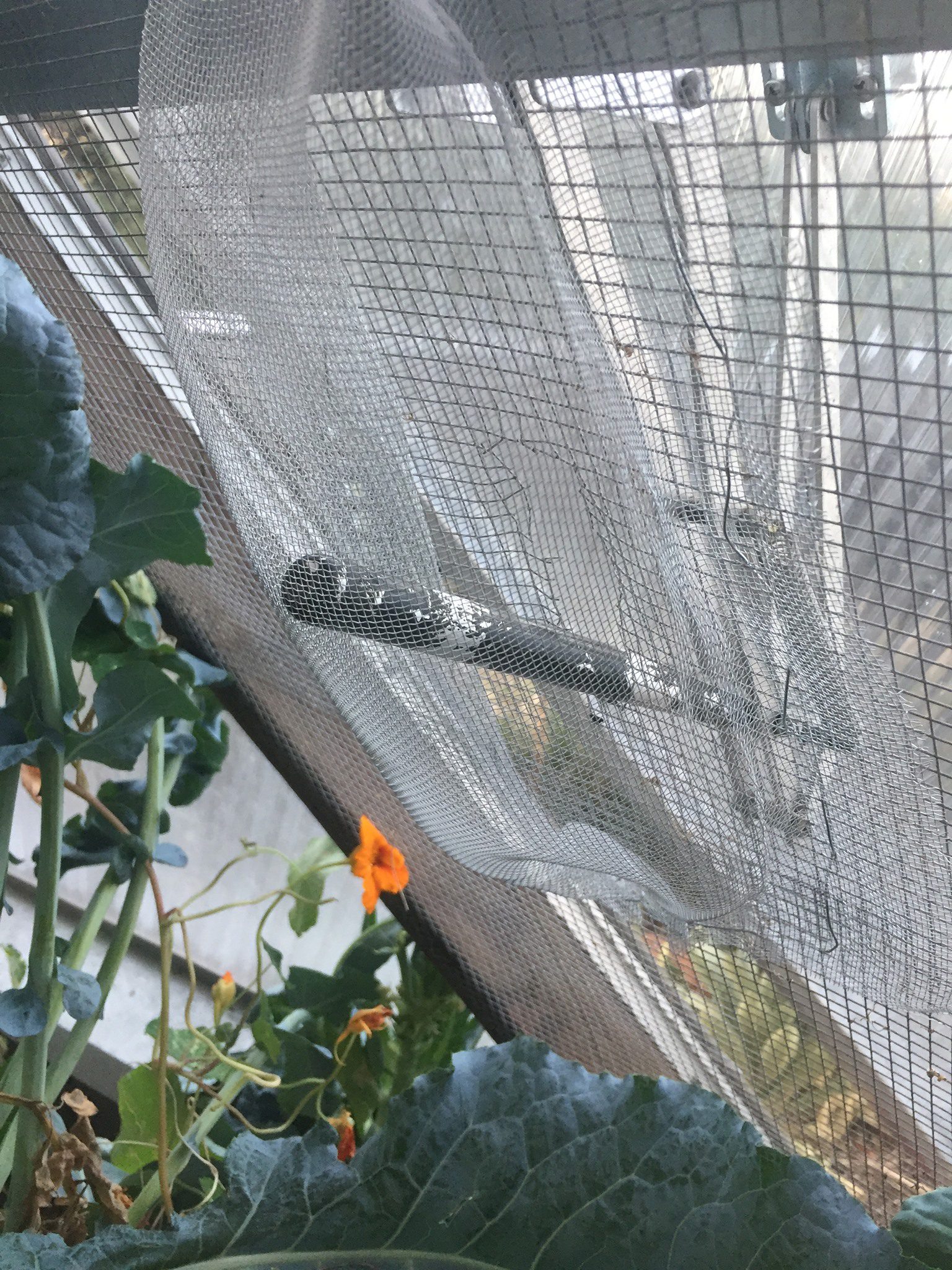
Effective Ways to Keep Animals & Rodents Out of Your Garden
Gardening is a fulfilling hobby, but it can be frustrating when garden rodents invade your space. There are many ways to keep rodents out of your harvest without using harmful chemicals. This blog will explore some of the most effective methods for how to keep rodents out of your garden and greenhouse!
Creating Barriers & Sealing Up Entry Locations
The first step to keeping rodents out of your garden is to create a barrier. The Growing Dome greenhouse acts as excellent protection already. It will keep out larger animals like bears, deer, and foxes, but smaller animals can find their way underground and through holes like the Growing Dome’s automatic vents.
For Burrowing Animals
To prevent small critters such as moles, voles, or gophers from burrowing underneath, we recommend installing 1/4 Inch galvanized hardware cloth under the footprint of your Growing Dome upon installation. There are specific instructions for installing this additional underground rodent protection in every Growing Dome Owners installation manual.
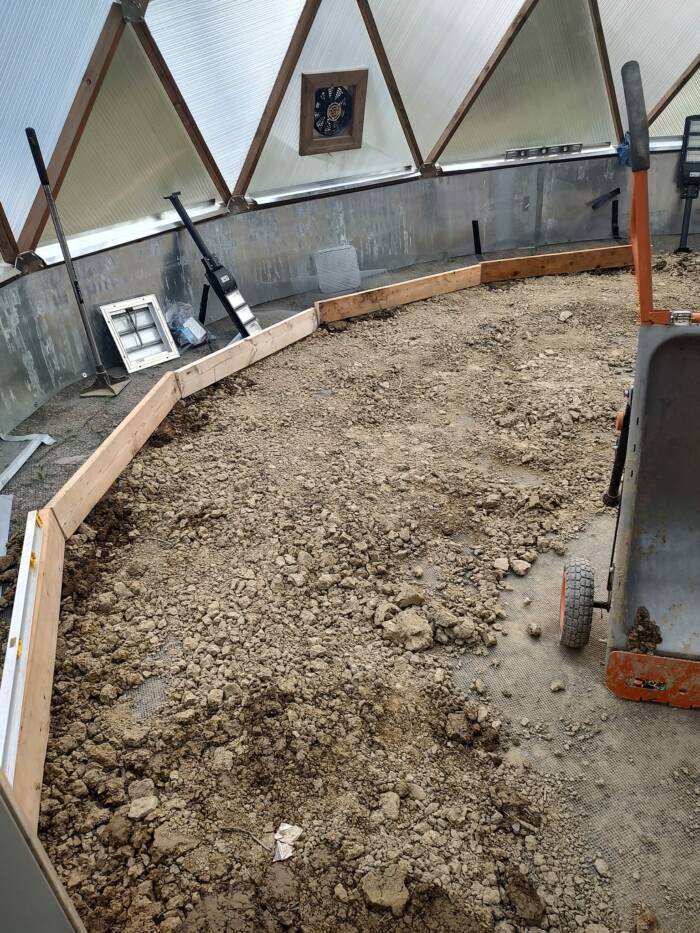
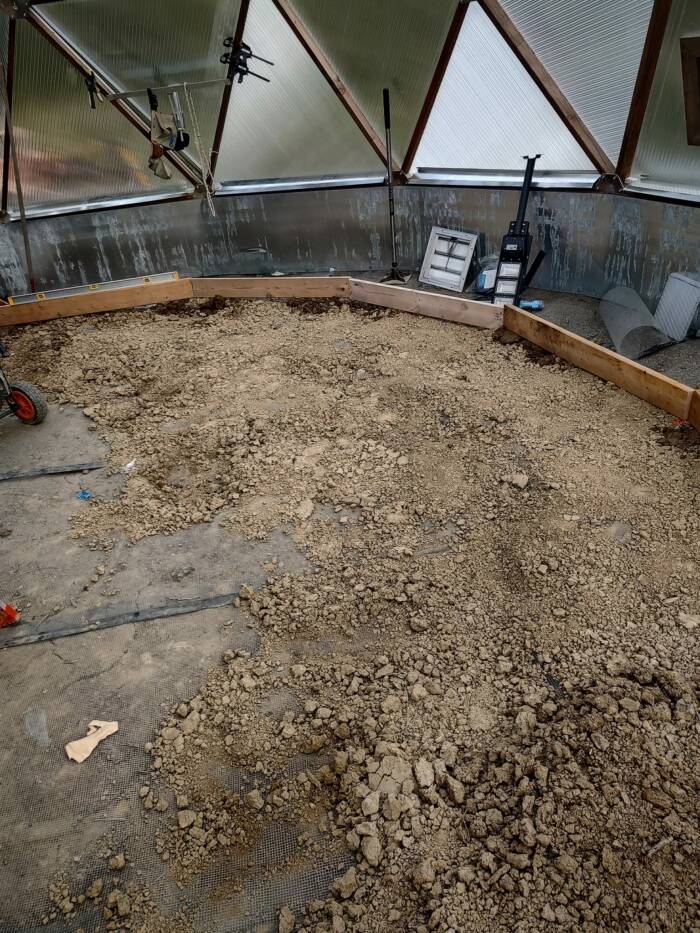
For Surface Critters
The main point of vulnerability on your Growing Dome is the open and close spots, aka your door and lower automatic vent. We recommend a screen door for the entryway, allowing for more ventilation while keeping unwanted visitors out. As for the lower vent, we recommend creating a chicken wire barrier. Choosing chicken wire with larger holes is crucial so pollinators like bees and ladybugs can still make their way in and out. Simply attach it to the struts inside your Growing Dome, and voila, the squirrels are no more.
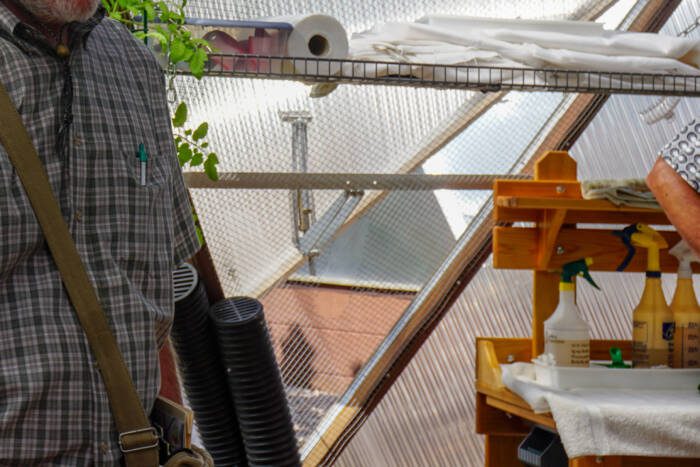
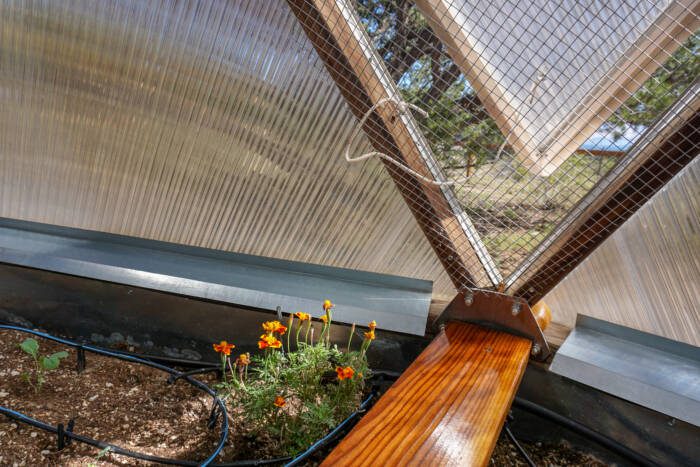
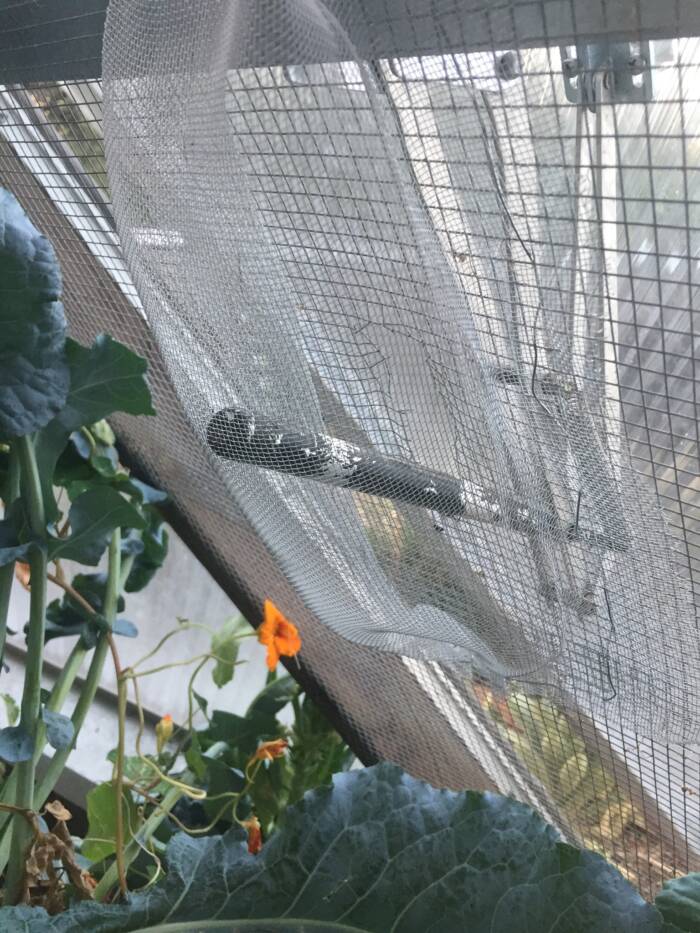
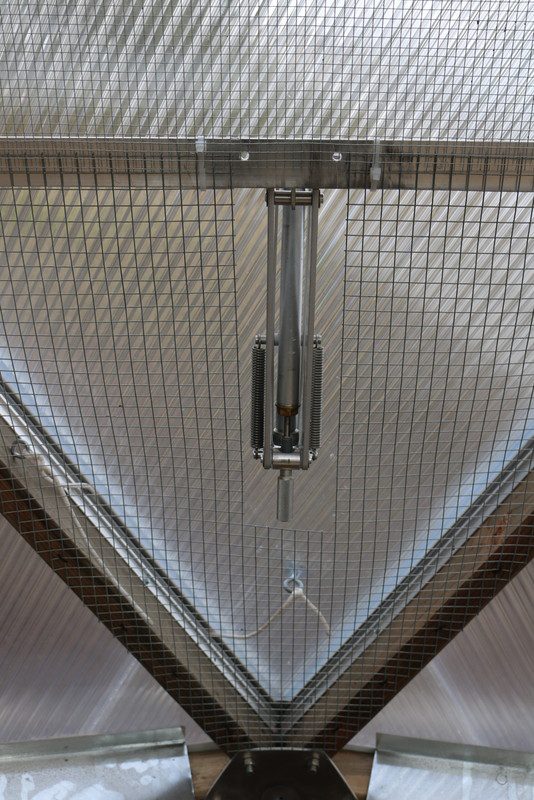
Removing Attractants & Keeping Your Greenhouse Clean
Rodents are attracted to food, shelter, and water, so it is only logical they will try and make a home in your greenhouse. Rodents like things cluttered, so the cleaner your greenhouse is, the less likely they want to call it home.
Remove debris from your raised beds, such as fallen leaves or fruit. Also, don’t overwater your plants; this can create a damp environment that rodents and pests love.
How to Keep Rodents out of Your Garden with Natural Repellents
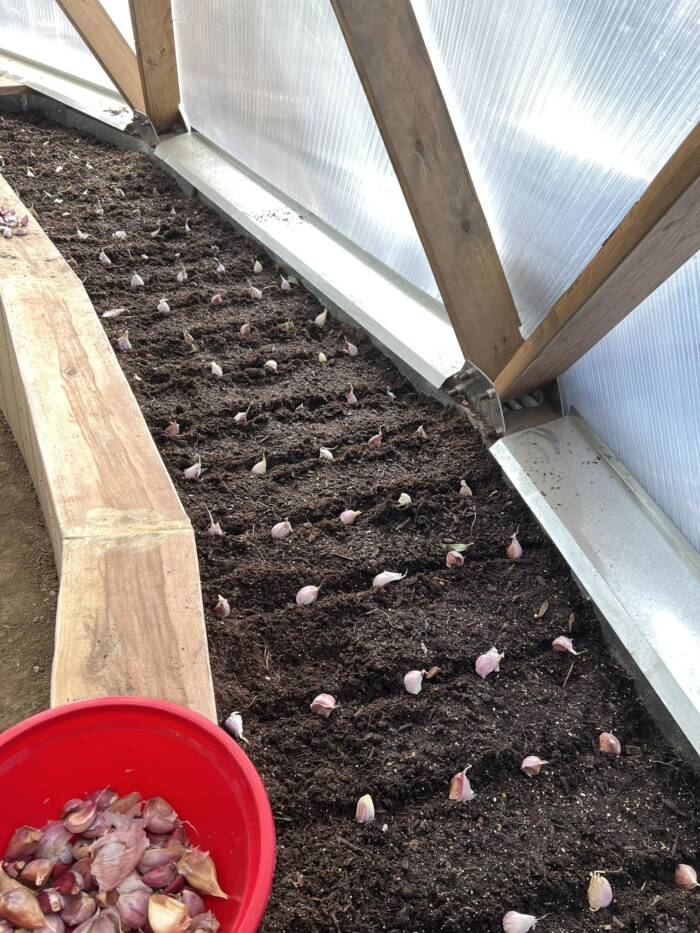
Many natural repellents can be used to keep rodents out of your greenhouse garden. Some of the most effective options include:
Peppermint oil: Rodents dislike the smell of peppermint, so placing a few drops of peppermint oil on cotton balls and placing them around your greenhouse or planting peppermint can be effective. If you decide to plant peppermint, we recommend it in a pot instead of your raised beds, as it is considered invasive.
Garlic: Garlic has a strong smell that rodents don’t like. Planting garlic in your greenhouse or in surrounding outdoor beds can help keep them away.
Cayenne pepper: Sprinkling cayenne pepper around your greenhouse can also be effective. Rodents don’t like the spicy smell and taste.
Use Traps for Garden Rodents
If you are in a real pickle with rodents in your garden, traps can effectively eliminate them. Many types of traps are available, but live traps are the most humane. These traps capture the rodents alive, allowing you to release them far away from your greenhouse. You can also use snap traps or glue traps are less humane.
Keeping rodents out of your greenhouse garden is essential for your plants and health. By sealing up any entry points, keeping your greenhouse clean, using natural repellents, and using traps, you can create an unappealing greenhouse garden for rodents. With a little effort and persistence, you can enjoy a thriving greenhouse garden without the annoyance of rodents.
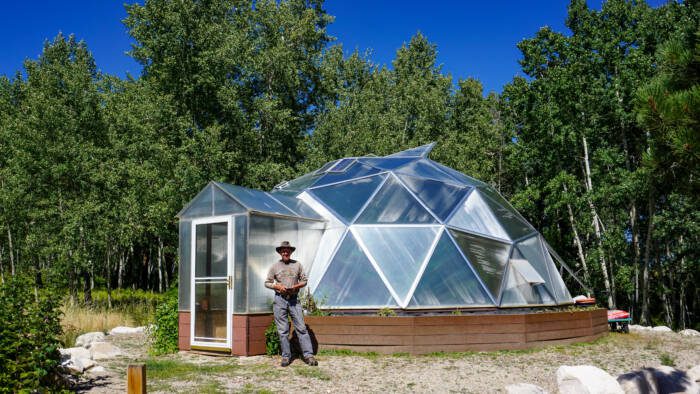
You might also enjoy: What is Vermiculture, and How to do it? How to Get Rid of Aphids Naturally How to Grow Fruit Trees in a Greenhouse
